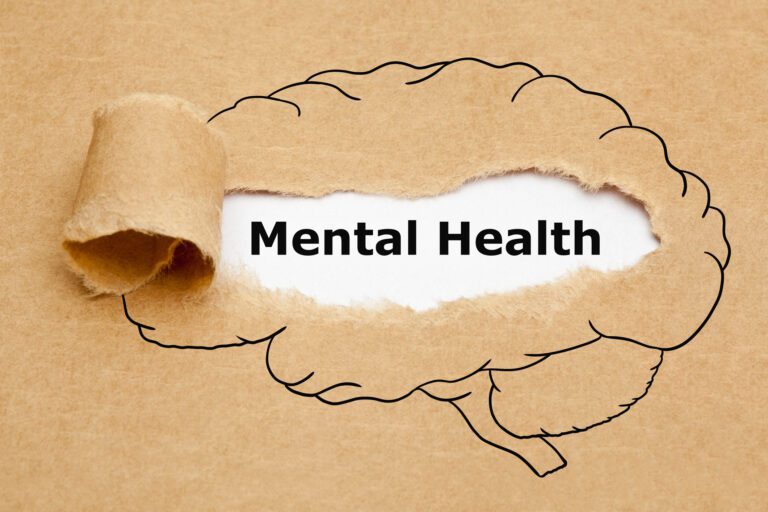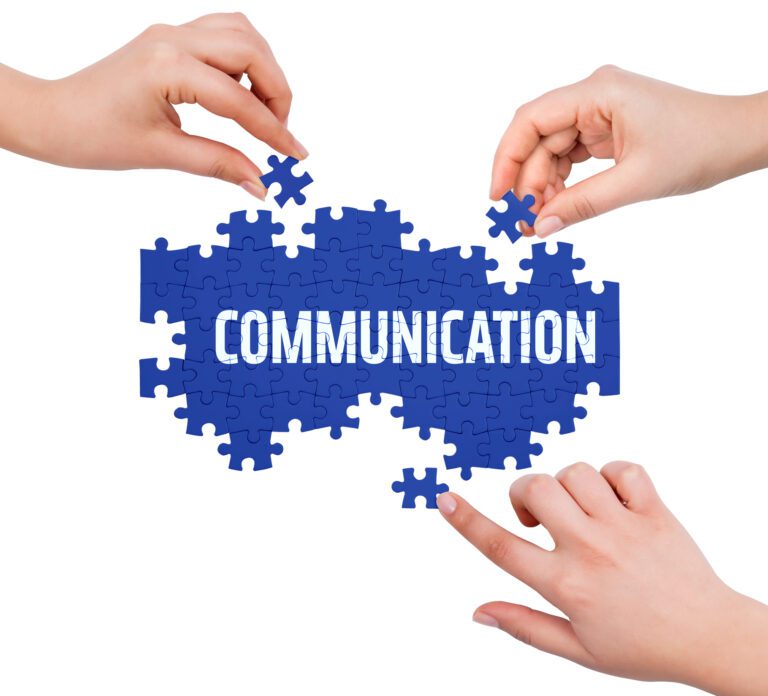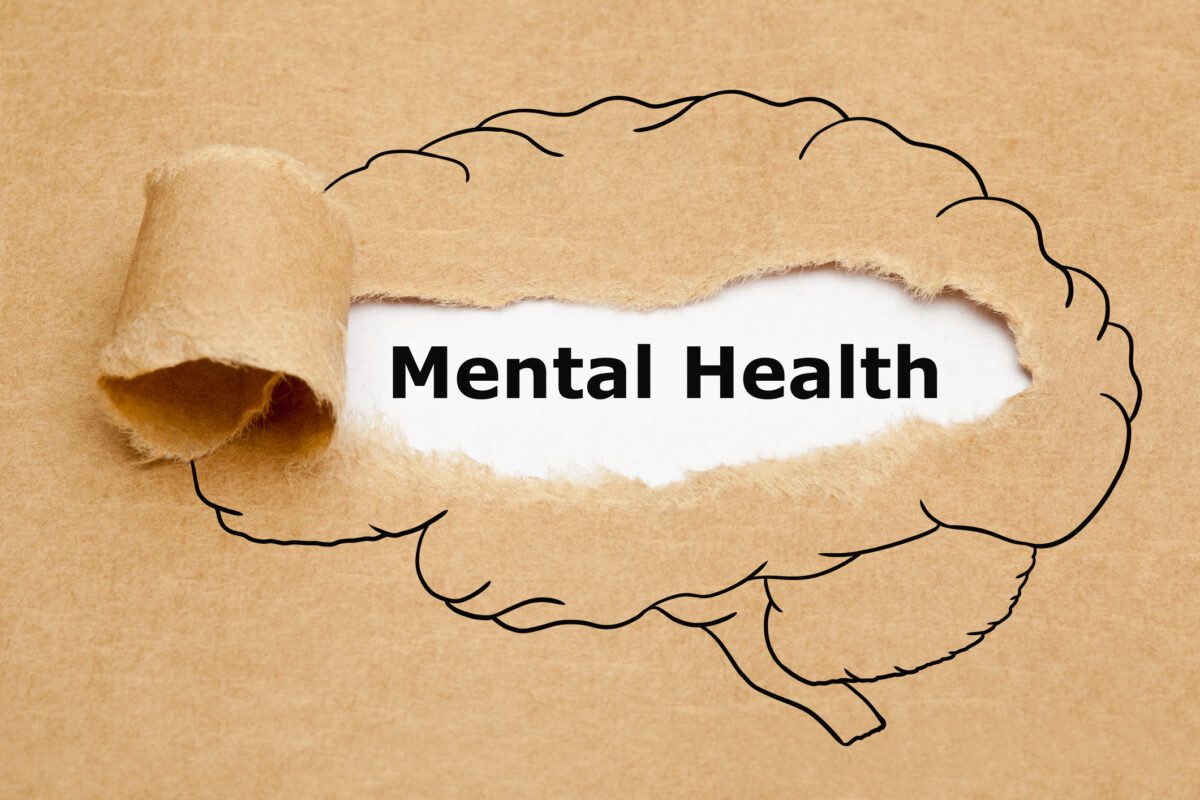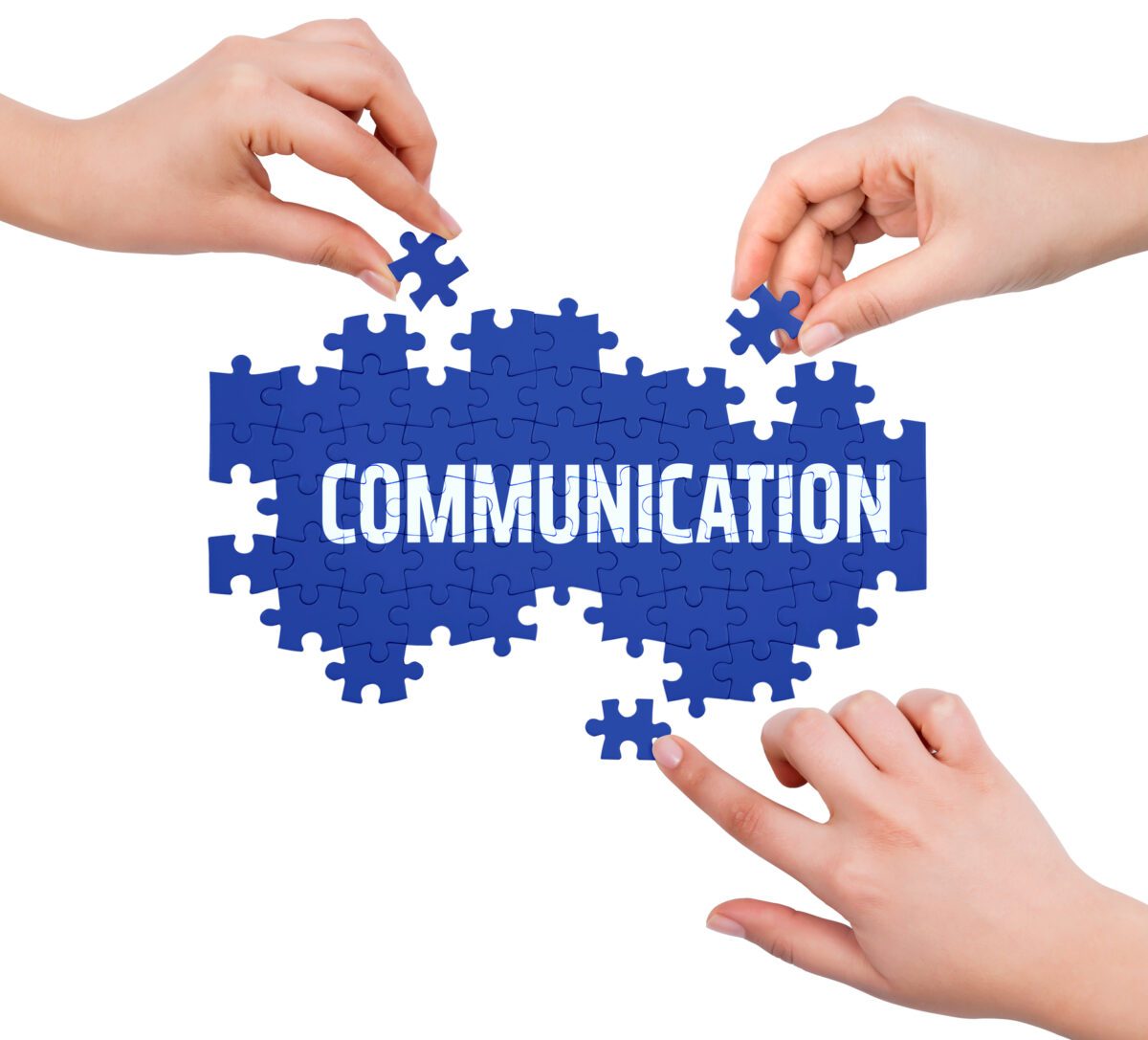Many people don’t take eating disorders seriously. They think that eating disorders are a “phase” or something that people can just “snap out of.” But the reality is that eating disorders are very real and very serious mental illnesses. The condition takes a toll on not only a person’s physical health but also their mental and emotional well-being. And therefore, it is important to be aware of the different types of eating disorders and to understand what each one entails. Here is a list of the major types of eating disorders.
1. Anorexia Nervosa
Anorexia nervosa is an eating disorder characterized by severely restrictive eating and an intense fear of gaining weight. People with anorexia nervosa often have a distorted view of their bodies and see themselves as overweight, even when they are dangerously thin. Anorexia nervosa can be life-threatening if not treated.
Symptoms of anorexia nervosa include:
- Severely restricted eating
- Intense fear of gaining weight
- Distorted view of body image
- Extreme thinness
- Low energy levels
- Irritability
- Sensitivity to cold
- Constipation
- Abnormal menstrual cycles
Anorexia nervosa typically begins in adolescence or young adulthood. It is more common in girls than boys, but it can affect people of either gender. If you think you or someone you know may have anorexia nervosa, it is important to seek professional help.
2. Binge Eating Disorder
Binge eating disorder is characterized by episodes of overeating or consuming large amounts of food in a short period of time. This type of eating disorder is often accompanied by feelings of shame, guilt, and embarrassment. Binge eating disorder is the most common type of eating disorder in the United States as well as the fastest-growing.
The symptoms of binge eating disorder are:
- Eating large amounts of food in a short period of time.
- Feeling out of control during a binge.
- Eating even when you’re full or not hungry.
- Feeling guilty, ashamed, or embarrassed after eating.
The treatment for binge eating disorder often includes a combination of therapy, medication, and nutrition counseling. The one thing that is important to remember is that you are not alone. There are many people who suffer from binge eating disorders, and there is help available. I can attest to this as I am one of those people. Seeing a psychiatric mental health nurse practitioner in Lisle for eating disorders will help you understand your disorder and develop a plan to overcome it.
3. Bulimia Nervosa
Bulimia nervosa occurs when a person engages in episodes of binge eating followed by purging. Purging can be done in a number of ways, such as vomiting, taking laxatives, or excessively exercising. It is important to note that not all people with bulimia nervosa purge after eating, but they may still suffer from the other symptoms of the disorder.
Symptoms of bulimia nervosa include:
- Recurrent episodes of binge eating.
- Purging through vomiting, taking laxatives, or over-exercising.
- Extreme concern with body weight and shape.
- Experiencing out of control while bingeing.
- After eating, feeling guilty, ashamed, or embarrassed.
The condition usually begins in adolescence or young adulthood and may come and go over the years. If you are a parent, it is important to be aware of the signs your child may be developing an eating disorder so that you can get them the help they need. Please note that bulimia nervosa is a serious condition that requires professional treatment.
To Conclude
Eating disorders are serious mental illnesses that can have a profound effect on a person’s physical, mental, and emotional health. If you think you or someone you know may be suffering from an eating disorder, it is important that you get in touch with me at 630-454-1490 to set up an appointment. I will be more than happy to help you or your loved one on the road to recovery.














